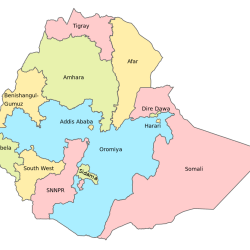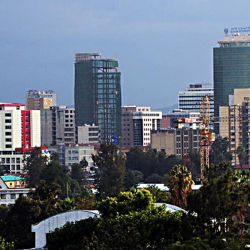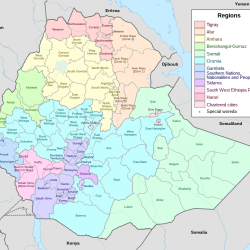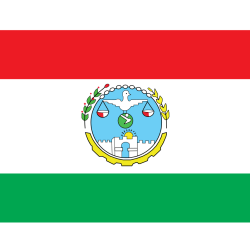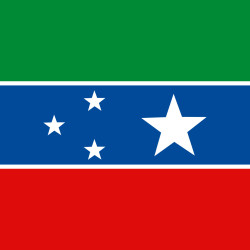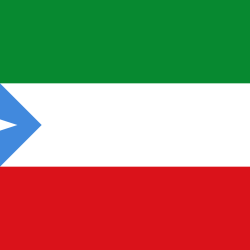The Constitution of Ethiopia. Article 26: Right to Privacy
1. Everyone has the right to privacy. This right shall include
the right not to be subjected to searches of his home,
person or property, or the seizure of any property under /
his personal possession.
2. Everyone has the right to the inviolability of his notes and
correspondence including postal letters, and communications made by means of telephone, telecommunications and electronic devices.
3. Public officials shall respect and protect these rights. No
restrictions may be placed on the enjoyment of such
rights except in compelling circumstances and in accordance with specific laws whose purposes shall be the
safeguarding of national security or public peace, the
prevention of crimes or the protection of health, public
morality or the rights and freedoms of others.
Ethiopia’s Right to Privacy: A Detailed Analysis of Article 26
The right to privacy is a fundamental human right, protecting individuals from unwarranted government and private intrusions. Article 26 of Ethiopia’s Constitution guarantees privacy in personal life, communication, and property while also allowing for limited exceptions in cases of national security, crime prevention, and public safety.
However, concerns about surveillance, data protection, and law enforcement overreach raise questions about the effective implementation of privacy rights. This article explores the key provisions of Article 26, the challenges of enforcement, and how Ethiopia can strengthen privacy protections.
The Right to Privacy in Personal Life (Article 26, Section 1)
Privacy is essential to personal freedom and security. Article 26 guarantees protection from unauthorized searches, seizures, and government interference.
Protection Against Unlawful Searches
- No one can be searched without a legal warrant.
- Police and other authorities must follow due process before conducting searches.
- Unlawful searches violate constitutional rights and can be challenged in court.
Safeguarding Personal Property
- Personal belongings cannot be confiscated without legal justification.
- Seizure of property must be based on a court order or legal procedure.
The Right to Private Communication (Article 26, Section 2)
Privacy extends beyond physical property to personal communications.
Protection of Letters and Correspondence
- Personal letters, emails, and messages must remain confidential.
- Unauthorized interception of mail is illegal.
Privacy in Electronic and Telecommunications
- Telephone calls, text messages, and emails cannot be monitored without legal authorization.
- Digital communications are protected under privacy laws.
Government’s Role in Protecting Privacy (Article 26, Section 3)
Public officials must respect privacy rights and prevent unlawful interference.
Responsibility of Public Officials
- Government agencies must not engage in illegal surveillance.
- Officials violating privacy laws can be held accountable.
Legal Restrictions and Exceptions to Privacy
Privacy rights can be restricted under specific legal conditions to:
- Protect national security (e.g., investigating terrorism threats).
- Prevent crime (e.g., tracking criminal activities).
- Safeguard public health and morality (e.g., preventing harmful content).
Legal Exceptions to the Right to Privacy
While privacy is protected, the government may impose restrictions under certain conditions.
National Security Concerns
- Authorities can monitor communications if national security is at risk.
- Surveillance must be approved by a court and follow legal guidelines.
Crime Prevention and Public Safety
- Law enforcement can access private data with a legal warrant.
- Authorities must balance security concerns with individual rights.
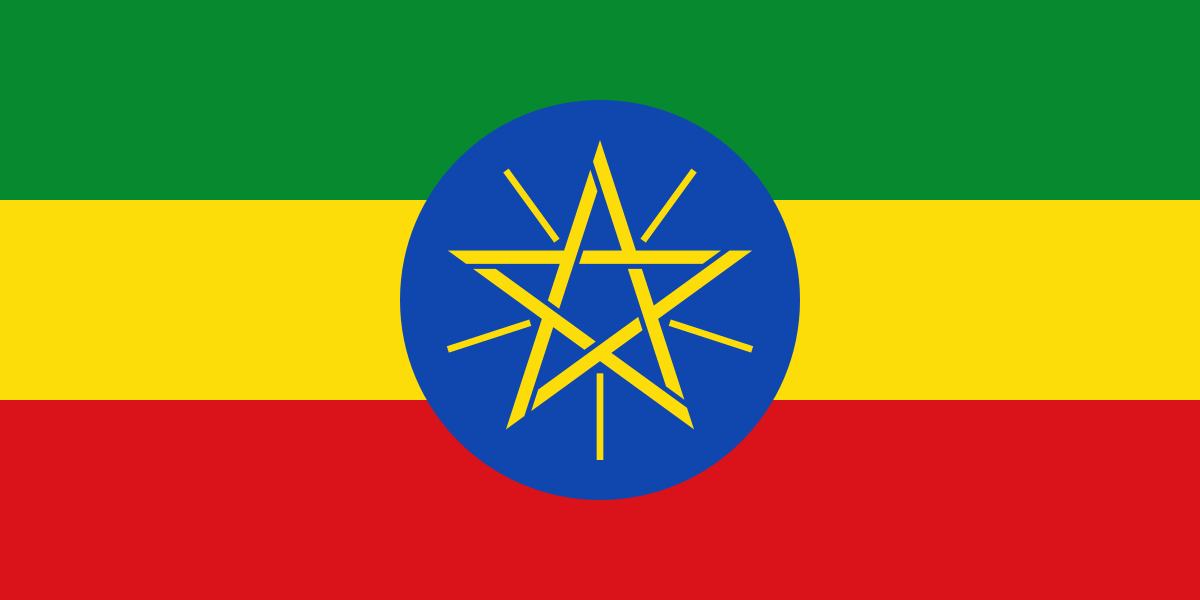
Challenges in Enforcing Privacy Rights
Despite strong legal protections, privacy rights are not always enforced effectively.
Government Surveillance Concerns
- There are concerns about government monitoring of online activities.
- Privacy laws must ensure surveillance is limited to lawful cases.
Digital Privacy and Cybersecurity Risks
- With the rise of social media and online communication, data privacy laws must be strengthened.
- Individuals must be aware of their digital rights.
Comparing Ethiopia’s Privacy Laws with Other Countries
Countries with strong privacy laws, such as Germany and Canada, have:
- Independent privacy commissions to oversee data protection.
- Stricter legal processes for surveillance and searches.
- Stronger cybersecurity laws to protect personal data.
Ethiopia can improve by adopting international best practices in privacy protection.
Success Stories and Progress in Privacy Protection
- Ethiopia has introduced laws to regulate data protection and digital privacy.
- Advocacy groups are raising awareness about privacy rights.
- Judicial oversight has improved, ensuring that searches and surveillance follow legal procedures.


